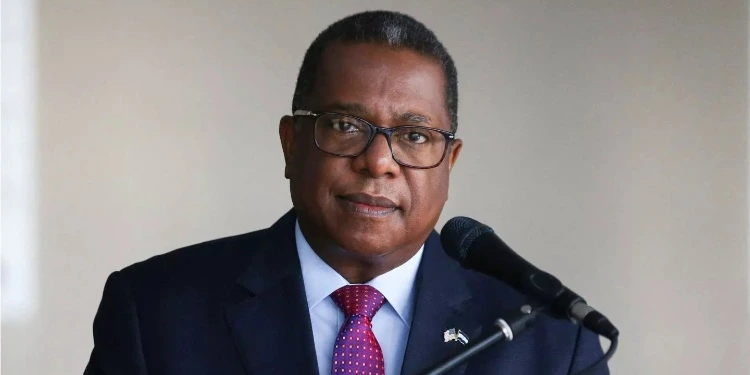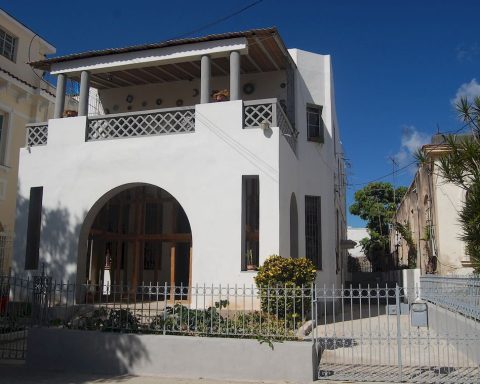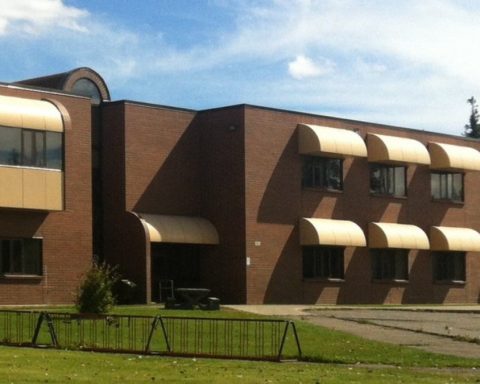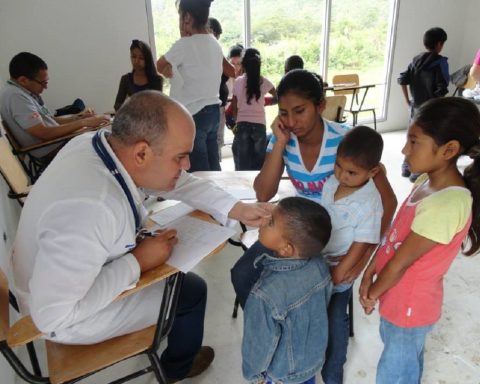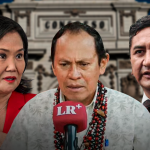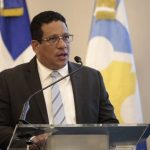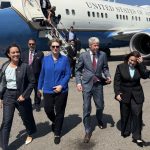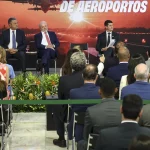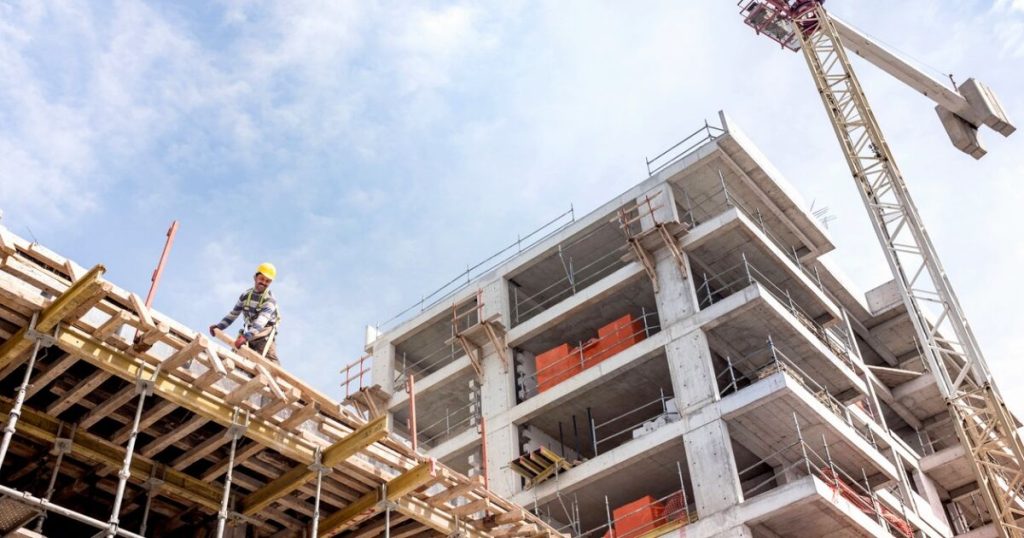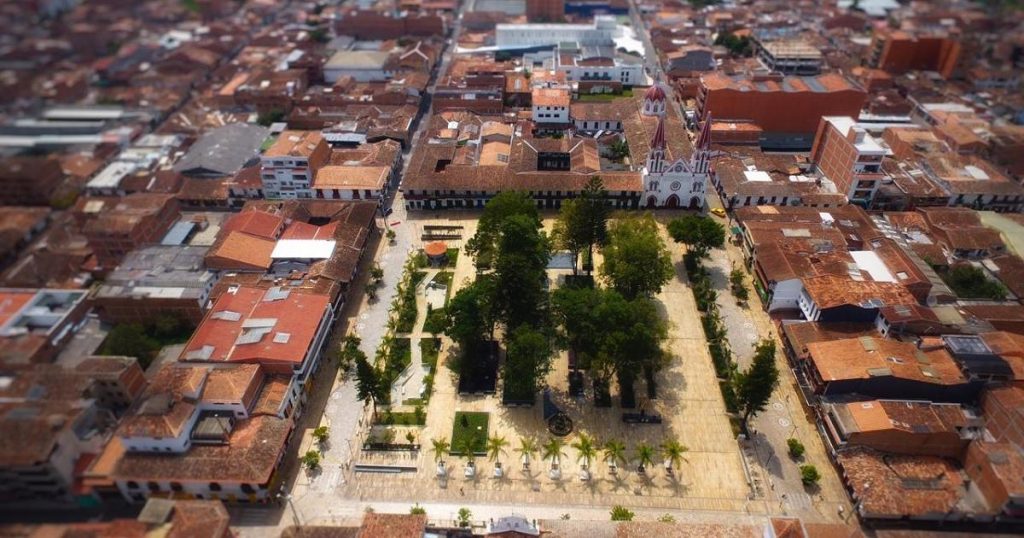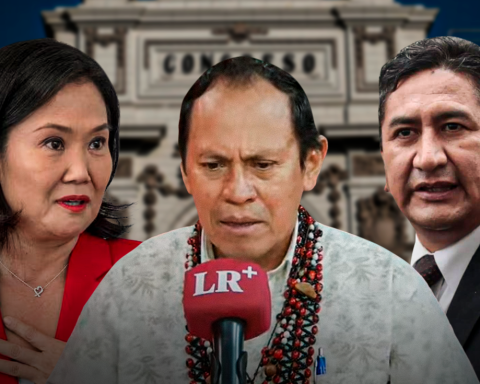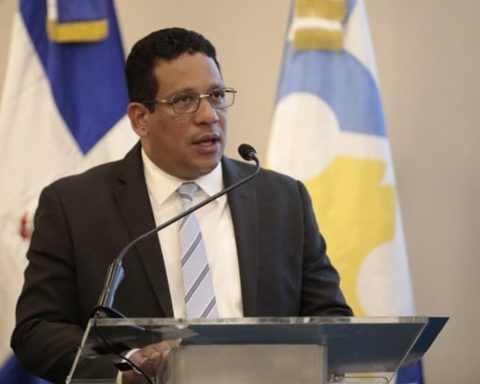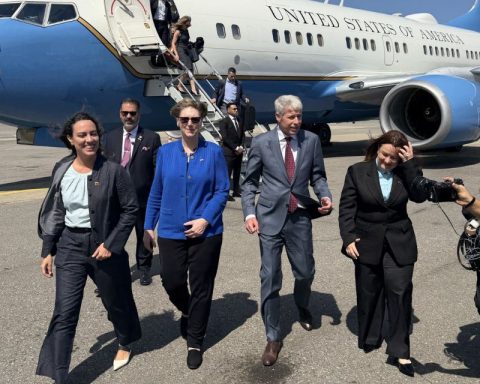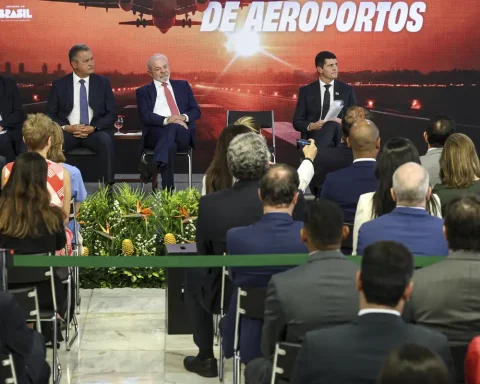MÉRIDA, Mexico.- The Undersecretary of State of the United States, Brian Nichols, expressed to Martí News, in an interview granted to that medium, that no fundamental reforms occurred in Cuba after the reestablishment of diplomatic relations during the administration of Barack Obama.
The regime, in the opinion of the American politician, missed the opportunity to implement democratic changes after the “thaw”promoted by former President Barack Obama a decade ago.
“The restoration of diplomatic relations under the Obama administration was an important step to try to improve the lives of Cuban citizens and address challenges such as the lack of democracy on the island. However, the reforms that we would have wanted to see in Cuba did not occur,” Nichols commented on this fact announced in December 2014.
Since the negotiation process to reestablish relations, which lasted more than a year, and in the subsequent years, the regime has intensified its repression of the people.
“In 2021 we saw a wave of repression that truly astonished the world, a huge setback for the well-being of the Cuban people and the international community. “It was a missed opportunity on the part of the Cuban regime,” communicated.
“There is hunger”
The Government has only pushed for a more severe crisis, leading citizens to suffer hunger and misery, according to the US official.
“There is hunger, maybe not a famine, but a lot of hunger in Cuba,” he said and, in that sense, explained that they have opted to support the activity of the private sector with changes in economic regulations, because that form of trade “supports the well-being of the common people.
However, non-state management has faced increasing impediments, including the recent ban of wholesale tradewhich must now be done only with the mediation of state companies.
The solution is democracy
With such precedents and given the current situation, Nichols considers that the only possible solution for Cuba is democracy.
“The solution to the problems that Cuba faces right now is democracy and an increase in freedoms,” he told Martí Newsarguing that with more flexibility there could be greater economic growth.
This lack of democracy on the Island is the basis of all the problems that are happening in the country, from blackouts to food shortages.
“You cannot treat the symptoms, such as blackouts, without addressing the real disease: the lack of democracy in Cuba,” he agreed.
In May of this year, the Office of Foreign Assets Control (OFAC) of the US Department of the Treasury announced that it would allow “independent private sector” entrepreneurs who are Cuban citizens to be or not on the Island, remotely open, maintain and use bank accounts in the northern country.
The entity specified that the new measures excluded officials and members of the Communist Party of Cuba (PCC) to, supposedly, ensure that they do not benefit from US actions aimed at supporting independent private sector entrepreneurs.
On the other hand, OFAC reestablished an authorization for “U-turn” transactions, which are transfers of funds that originate and terminate outside the United States where neither the originator nor the beneficiary is subject to the jurisdiction of the country. Authorization for these transactions had been removed in September 2019.
With the goal of “helping the Cuban people, including entrepreneurs in the independent private sector, by facilitating remittances and payments for transactions in the Cuban private sector,” OFAC also authorized services that are included on social media platforms, such as video conferencing, games on online and e-learning, machine translation, web maps and user authentication services.
